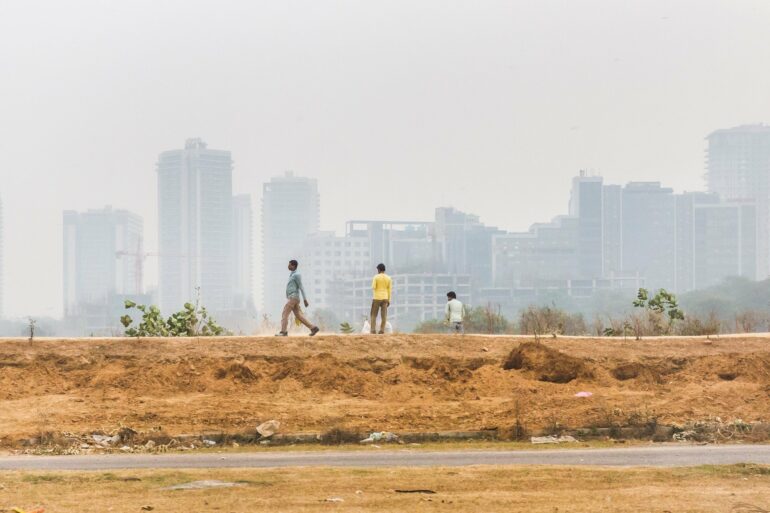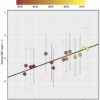Between now and 2050 the use of air conditioners to cope with rising temperatures risks generating an increase in emissions in the order of 10 million metric tons of carbon dioxide in Europe and as much as 120 million metric tons in India.
These figures were revealed in a study published in the journal Scientific Reports by environmental economists Francesco Colelli and Enrica De Cian of Ca’ Foscari University of Venice, CMCC (Euro-Mediterranean Center on Climate Change) and RFF-CMCC European Institute on Economics and the Environment and Ian Sue Wing of Boston University.
The study is the first to illustrate the impacts of climate change on the demand for air conditioners and electricity for cooling in Europe and India: between now and 2050, with the current fuel mix, there is a risk of a mismatch between what is done for adaptation and mitigation, with increased emissions as a result.
The rush to buy new air conditioners in the residential sector and the resulting increased use of electricity associated will characterize both relatively richer but more temperate European countries, and relatively poorer but warmer Indian states. The study estimates that by 2050, under a +2/-3 °C warming forecast, air-conditioning uptake could double in Europe and grow fourfold in India, reaching about 40% of homes in both regions.
On the one hand, more air conditioning will bring benefits to the population by reducing the heat exposure connected to global warming. Researchers have estimated that cooling technologies will lead the population being exposed to 40% less heat in Europe and 35% less in India by 2050.
On the other hand, this will have a strong impact on emissions. Between now and 2050 the energy production required by the increased use of air conditioners will cause a rise in annual CO2 emissions between 7 and 17 million tons in Europe, and between 38 and 160 million tons in India.
“With electricity production still based essentially on fossil fuels, air conditioning as a heat adaptation strategy risks undermining our mitigation efforts, i.e., reducing greenhouse gas emissions,” explains Enrica De Cian, professor of environmental economics at Ca’ Foscari and coordinator of the research project that inspired this study,
Francesco Colelli, researcher and co-author of the study, adds, “In countries such as Italy and Spain, choosing air conditioning as an adaptation strategy to rising temperatures will also lead to an increase in peak electricity consumption. This effect could, in turn, cause rises in the price of electricity and increase investment in generation and transmission facilities needed to cope with the new levels of electricity demand.”
In Italy, in particular, peak annual demand is estimated to increase by around 10 GW, a 16% increase over current levels, in a high warming scenario (known technically as RCP 8.5, which forecasts an increase in global average temperatures of around 4–5°C by 2050).
Researchers conclude that mitigating these increases would require a significantly higher energy efficiency of air conditioners sold (which, especially in India, is far below the efficiency of the best available models), or a further push towards decarbonization of energy production, including more stringent greenhouse-gas mitigation targets that could increase carbon prices by 5%–30% (as estimated in a previous study by the same research team).
The relevant data of this research and of the entire Energya project are currently visible in Venice as part of The Cooling Solution, an exhibition with photographs by documentary filmmaker Gaia Squarci, co-ordinated by Elementsix and curated by Kublaiklan. The Cooling Solution is open until July 31st in the courtyard of Ca’ Foscari University and at Ca’ Foscari Zattere—Cultural Flow Zone. Information and an online catalog are available at www.thecoolingsolution.com.
More information:
Francesco Pietro Colelli et al, Air-conditioning adoption and electricity demand highlight climate change mitigation–adaptation tradeoffs, Scientific Reports (2023). DOI: 10.1038/s41598-023-31469-z
Provided by
Ca’ Foscari University of Venice
Citation:
Air conditioning in India and Europe poses risk for dramatic rise in emissions, says study (2023, June 20)



